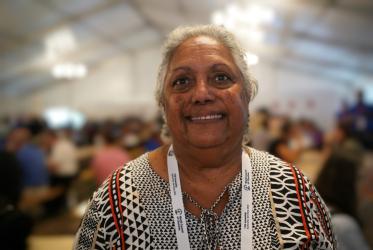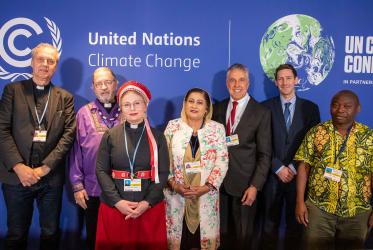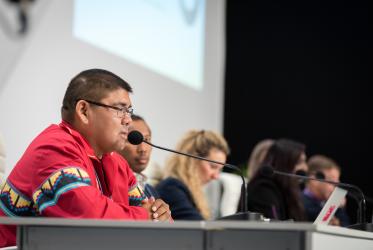Displaying 1 - 20 of 37
CCIA meets in Brisbane with focus on Pacific regional priorities
19 February 2020
“See humans as part of creation” in addressing climate emergency
06 December 2019
Standing Rock decision ”Gospel news” for indigenous communities
08 December 2016
Consultation considers right to food in context of climate change
15 December 2015
Reclaiming our humanity
23 June 2015












